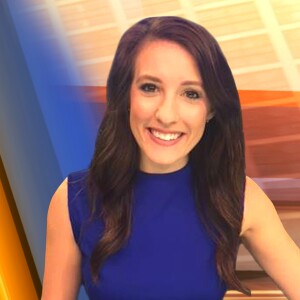CLEVELAND — Right now heart disease is the leading cause of death in Ohio, according to the Center for Disease Control and Prevention.
One of the most common conditions is a heart rhythm disorder called atrial fibrillation - or AFib. It's when the upper and lower chambers of the heart are not coordinated, causing poor blood flow and the heart to beat irregularly. Traditionally, medication is the first treatment.
But the FDA just expanded approval for another treatment based on a study led by the Cleveland Clinic.
Dr. Oussama Wazni and his team studied about 200 patients at 24 hospitals in the US. They randomly chose patients to receive a treatment called cryoballoon ablation to treat their AFib diagnosis as initial treatment, rather than medication. The procedure requires physicians to insert a balloon filled with liquid nitrogen to freeze the heart tissue that is causing the irregular heartbeat.
After a year, 75% of the patients who received an ablation were free from AFib. In comparison, only 45% of the patients who received medication were still AFib-free.
"All along we felt that an ablation sooner than later may lead to better outcomes," Dr. Wazni said. "This study would help change practice, which I think it would be very helpful for patients."
Nikki Coffin, a 78-year-old from Columbus, was part of the trial. She received her AFib diagnosis after having a mastectomy last March.
"My doctor in Columbus wanted to start me on medication, and I kind of hesitated. I'm not big on taking any chemicals into my body," Coffin said.
Coffin's hesitation led her to get a second opinion from the Cleveland Clinic. Dr. Wazni thought she'd be a perfect candidate for the trial.
Coffin underwent the ablation procedure at the Clinic and found success.
"I have had no effects or detection or symptoms related to AFib since the ablation," she said. "I'm a big proponent of getting a second opinion, and the second opinion changed my life."




